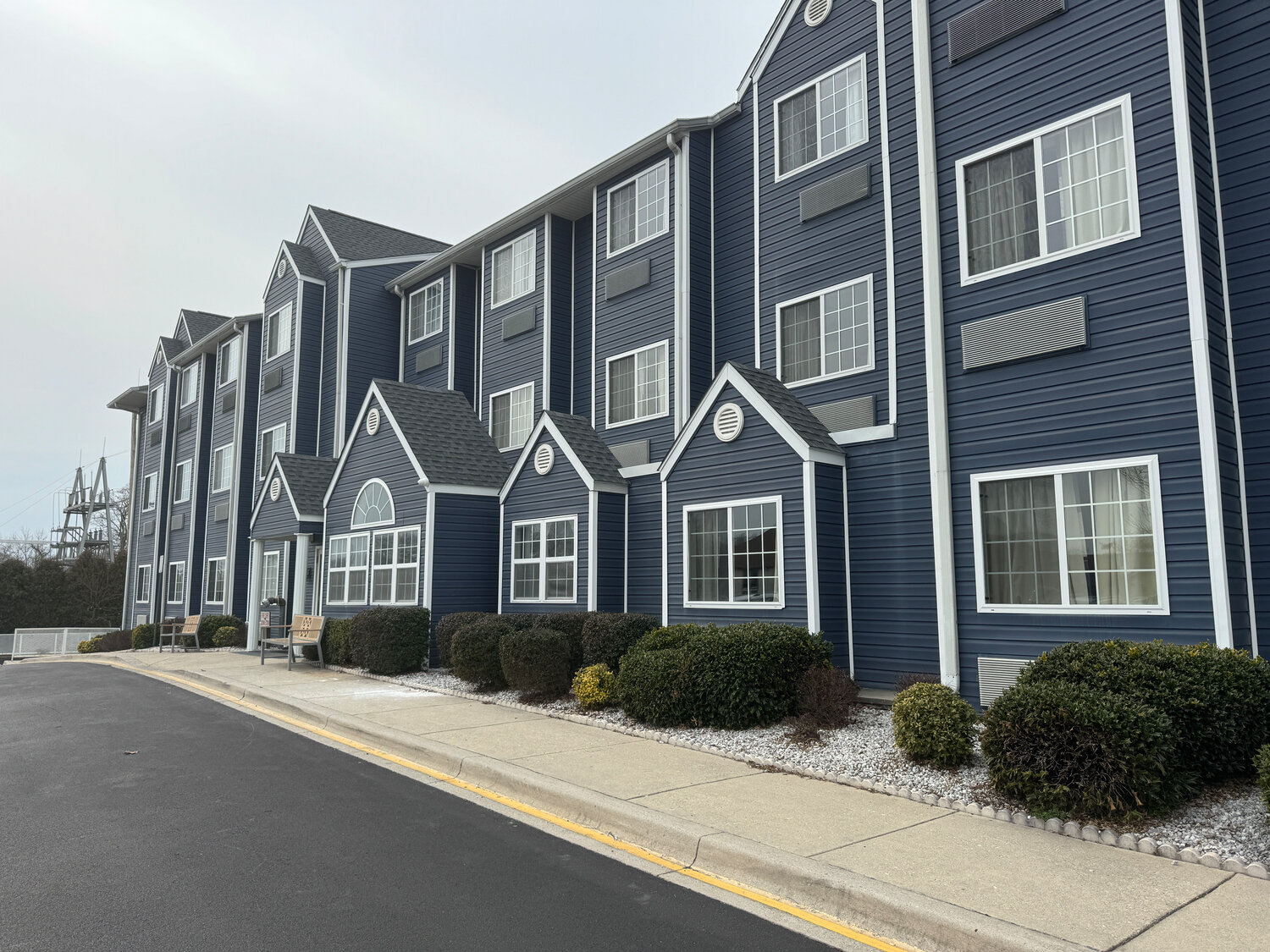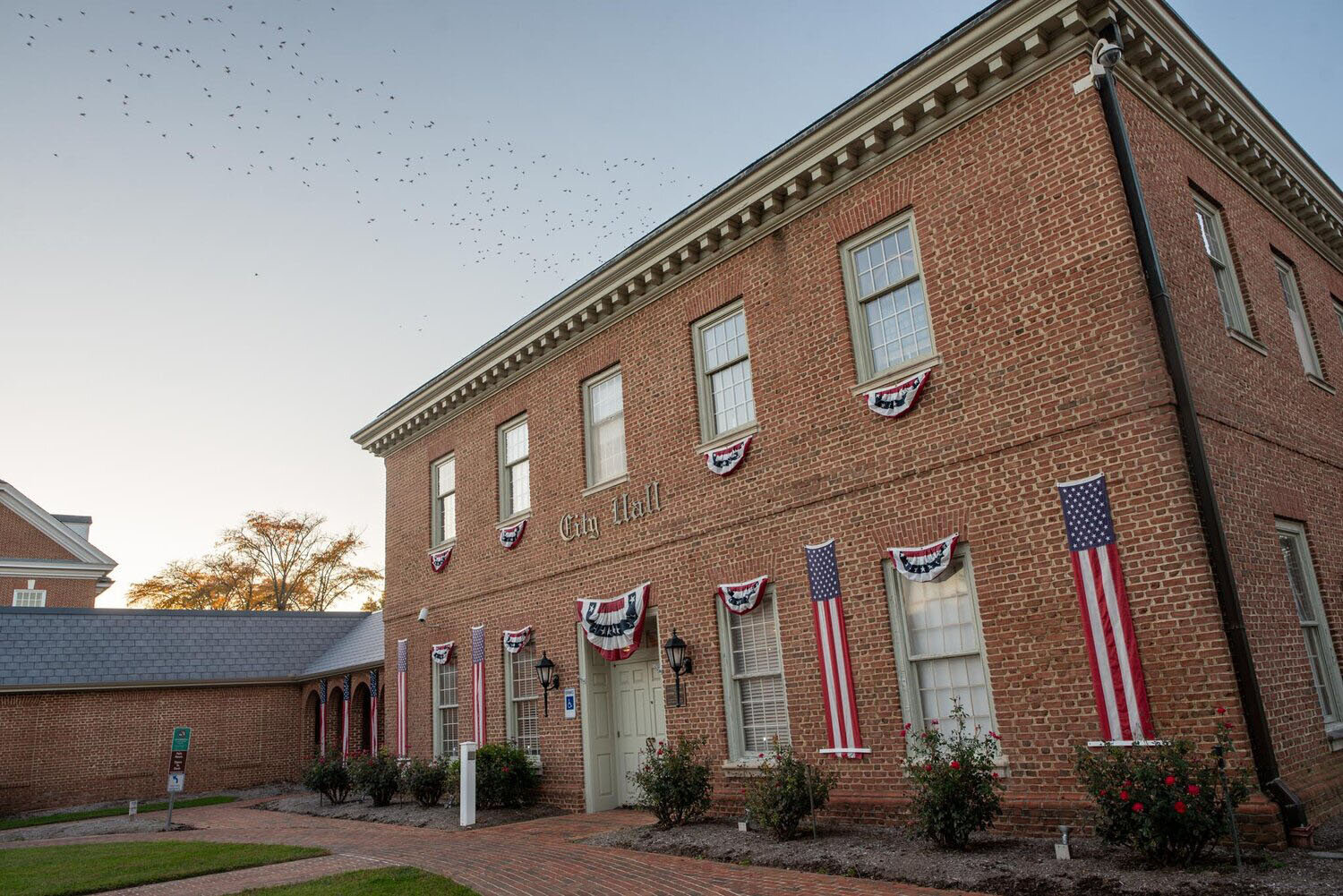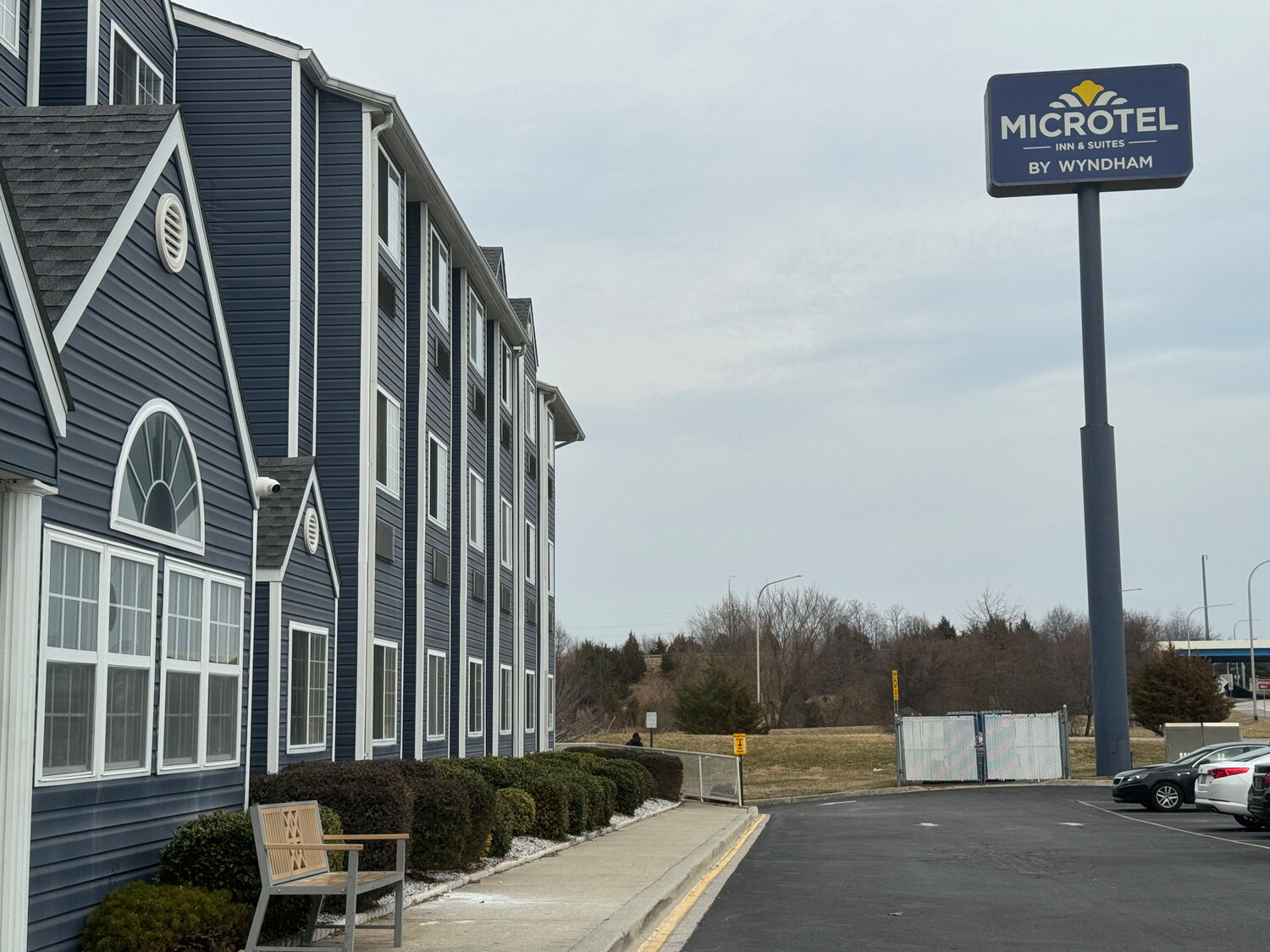Potential Dover lodging tax increase reaches City Council
DOVER – The lodging tax increase that was proposed at a Dover Committee of the Whole meeting in February reached City Council for its first reading Monday.
Currently, the City of …

You must be a member to read this story.
Join our family of readers for as little as $5 per month and support local, unbiased journalism.
Already a member? Log in to continue. Otherwise, follow the link below to join.
Please log in to continueNeed an account?
|
Potential Dover lodging tax increase reaches City Council
DOVER – A lodging tax increase proposed at a Dover Committee of the Whole meeting in February reached City Council for its first reading Monday.
Currently, the city of Dover charges a 1.5% lodging tax as opposed to the standard 3%, which is an attempt to attract tourists to the city. This proposal claims that the discount has not been successful and is causing the city to lose around $500,000 per year.
“I have not seen any evidence that the discount we give of 1 1/2% has positively impacted our tourism,” said Councilman David Anderson, one of the sponsors of the proposed ordinance.
“Unfortunately, people don’t seem to notice that we’re actually lower than anybody else in the state, and we’re not really benefiting from that, but we are losing the money from it,”
Another argument brought up is that the tax is not something imposed on Dover residents under normal circumstances.
“I’d like to point out this is not a tax on any resident unless they happen to be staying in a hotel/motel. This is for people who are coming here,” said Councilman Fred Neil, another sponsor of the ordinance.
“And it does not put any hotel or motel in an economic disadvantage simply because it’s being done throughout the state. The state gets 11% of that —of your taxes — and then this is on top of that.”
“It’s just that we have a lot of nonresidents over the course of the year,” said Mr. Anderson. “In fact, we have more nonresidents that visit us than we have residents in the city of Dover. And, quite frankly, they benefit from some of those services, and 100% of the burden shouldn’t just be on our resident taxpayers. Everybody should put a little bit into the pie. That’s the philosophy that we have.”
Another reason the tax is losing money is that the city has no way of enforcing it, effectively making it optional.
“We can send them a bill, we can remind them of their bill, and we can send them a reminder as a reminder, but that’s about it,” said City Manager David Hugg, the third sponsor of the ordinance.
“Quite frankly, the big issue is there’s a handful of folks out there that we’ve identified who simply ignore that bill.”
Mr. Hugg says that is a result of a loophole in the ordinance.
“The way this ordinance, the city ordinance is written, the burden is on you to tell me how much you owe me. So, if I don’t tell you what you owe me, I have no basis for assessing you, Clean Hands or any other restrictions.”
The Clean Hands ordinance, among other things, allows the city to withhold services to a person or entity that owes the city money.
The solution to this issue, proponents say, is the lodging tax increase, as 3% allows the city to use the state for collections.
“By processing our collections through the state, failure to pay that the state requirement is then a violation that can be enforced by law. So, it’s actually a plus in the sense that they become the collection agency on our behalf,” said Mr. Hugg.
Final action will be taken during the proposed ordinance’s second reading March 11.
Members and subscribers make this story possible.
You can help support non-partisan, community journalism.
Other items that may interest you




 By
By 



